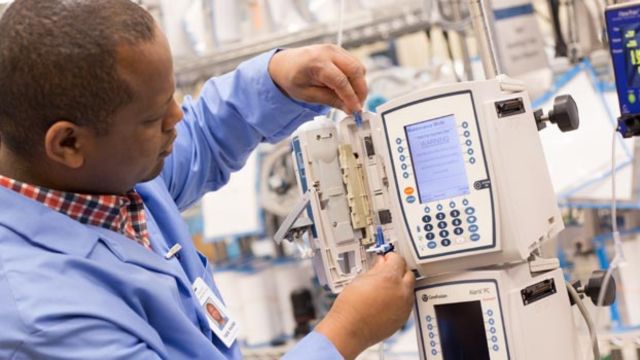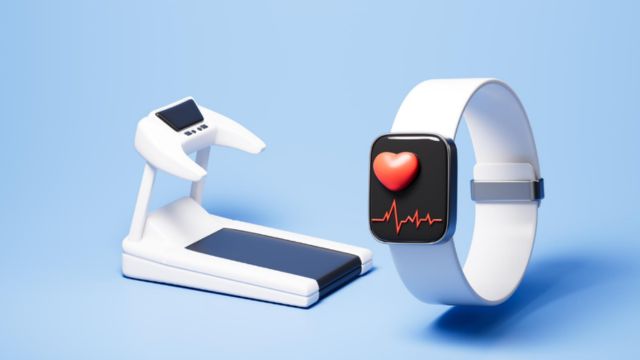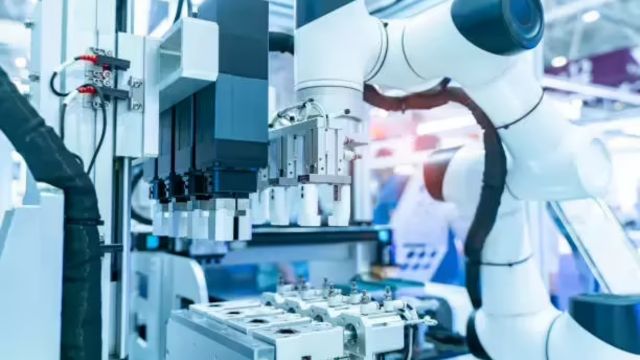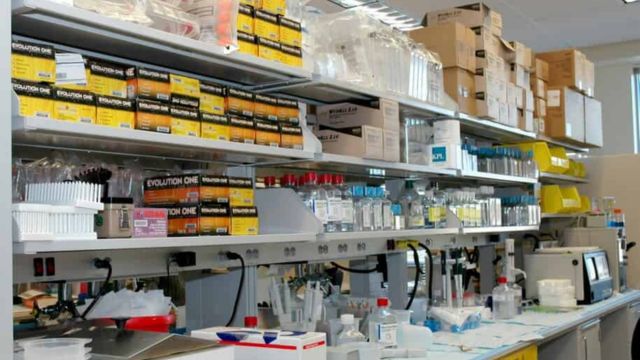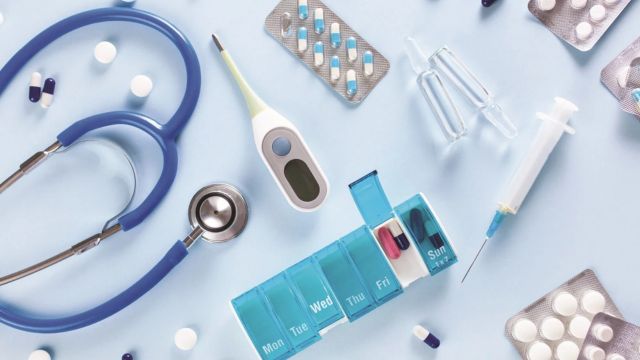In healthcare environments, clinical engineering teams are rather important since they guarantee that medical equipment and gadgets are operating as they should to ensure effective and safe patient treatment. Improving patient outcomes and enhancing healthcare delivery depend critically on their cooperation with doctors, nurses, and hospital managers. Supporting both the operational efficiency and the safety of healthcare facilities, the clinical engineering team closes the gap between medical technology and clinical demands.
We will explore in this paper the value of clinical engineering teams, their cooperation with medical specialists, and the several ways they support the healthcare ecosystem.
Clinical Engineering Teams: Their Purpose
With an eye on management, maintenance, and medical equipment repair, clinical engineering is the application of engineering ideas to the medical field. Making sure that equipment satisfies regulations, is dependable, and is safe falls to clinical engineers. Generally speaking, these teams handle:
- Device management: Ensuring medical devices are operating as manufacturer specified helps with device management.
- Preventive maintenance: Planned regular inspections on machinery help to prevent malfunctions and extend the lifetime of equipment.
- Troubleshooting: Finding and fixing broken machinery.
- Regulatory compliance: Making sure every gadget satisfies safety criteria and healthcare laws is known as regulatory compliance.
- Training: Giving medical practitioners instruction on efficient operation of medical equipment will help them.
Moreover, clinical engineering teams play a critical role in reducing medical errors and enhancing patient safety, a topic we explore in more detail in our article on How Clinical Engineering Reduces Medical Errors and Enhances Patient Safety.
Cooperation amongst Healthcare Professionals and Clinical Engineering Teams

1. Guaranteeing Responsible and Superior Medical Equipment Use
Making sure medical devices are safe and efficient for patient care is one of the main ways clinical engineering teams work with medical experts. From diagnostic tools like MRIs and CT scanners to therapeutic tools like infusion pumps, healthcare professionals depend on a great range of equipment. Working closely with healthcare teams, clinical engineers make sure these gadgets satisfy particular needs for patient care.
- For instance, a clinical engineer might assist a surgeon in calibrating a surgical robotic system to guarantee exact operation throughout operations.
- For instance, nurses could work with clinical engineers to learn how a patient monitoring system runs, therefore guaranteeing their precise data reading and interpretation.
2. Equipping Medical Practitioners
Training healthcare practitioners on the correct use of medical equipment falls to clinical engineers most of the time. Medical professionals must keep current with new tools and approaches as technology develops. To make sure healthcare personnel may use tools safely and successfully, clinical engineers provide hands-on training, seminars, and workshops.
- For instance, clinical engineers routinely teach medical staff members running ventilators, infusion pumps, or defibrillators—devices absolutely vital in critical care environments.
- For a newly introduced medical gadget, for instance, clinical engineers will carefully train the pertinent healthcare personnel to make sure they know how to use the equipment for best patient care.
3. Fixing and Troubleshooting Important Tools
In high-stakes settings like emergency rooms or intensive care units, healthcare workers frequently come across broken medical equipment. Working with healthcare practitioners, clinical engineers troubleshoot, diagnose, and fix equipment to guarantee uninterrupted patient care is not disturbed.
- For instance, clinical engineers act quickly with the nursing staff to find the problem—whether it be a hardware failure or a software bug—should a heart rate monitor in the ICU fail. They then promptly fix the problem.
- For instance, clinical engineers are also on call for crises including a surgical ventilator failure. Their quick reply guarantees less disturbance of patient treatment.
4. Enhancement of Operational Effectiveness and Workflow
By ensuring that medical devices are correctly calibrated, user-friendly, and well-integrated into the workflow of the healthcare system, clinical engineering teams assist to simplify healthcare operations. Through this cooperation, the general effectiveness of the healthcare team can increase while equipment downtime is lowered.
- For instance, clinical engineers assist in the development of equipment inventory systems enabling effective tracking and control of medical devices by collaborating with managers and medical professionals.
- For instance, clinical engineers help to design the physical layout of medical equipment in healthcare environments in order to improve productivity, cut time spent looking for devices, and lower the possibility of human mistake.
5. Maintaining Regulatory Standard Compliance
Healthcare settings have to follow certain legal criteria, including those established by groups like the FDA and Joint Commission. Making sure any medical gadget satisfies these guidelines is mostly dependent on clinical engineers. They work with medical professionals to guarantee that health and safety criteria are followed in medical equipment.
- For instance, clinical engineers can help to ensure that all equipment are kept in compliance with regulations, therefore facilitating audit preparation. They also enable healthcare teams to grasp medical equipment compliance problems.
In addition to enhancing collaboration in everyday clinical environments, clinical engineering teams also play a crucial role in hospital emergency preparedness. To explore how clinical engineering supports emergency scenarios, check out our article on How Clinical Engineering Enhances Hospital Emergency Preparedness: Key Roles & Best Practices.
Final Thought
Providing excellent patient care depends on the cooperation of clinical engineering teams and medical practitioners. Clinical engineers help healthcare teams deliver accurate and fast diagnosis, treatments, and interventions by making sure medical equipment are safe, effective, and well-maintaining. Their indispensable members of the healthcare system are their capacity to maintain, troubleshoot, and train on equipment.
The function of clinical engineering teams will keep expanding as healthcare depends more on technology and helps to increase operational efficiency and patient outcomes.
Essential for healthcare professionals and clinical engineers, J & J Supplies offers a vast array of premium medical supplies, tools, and equipment. We have you covered whether your searches are for maintenance accessories, therapeutic equipment, or diagnostic instruments. Visit our website right now to learn dependable, creative ideas meant to improve operational effectiveness and patient care in medical environments.

